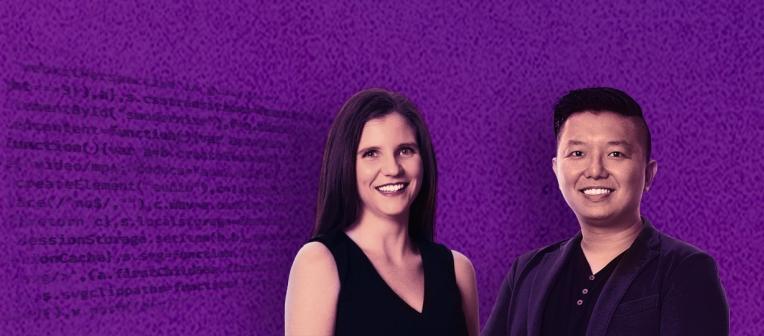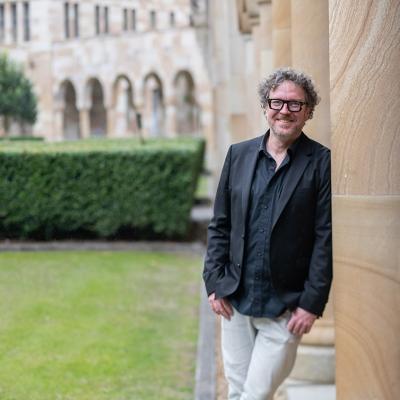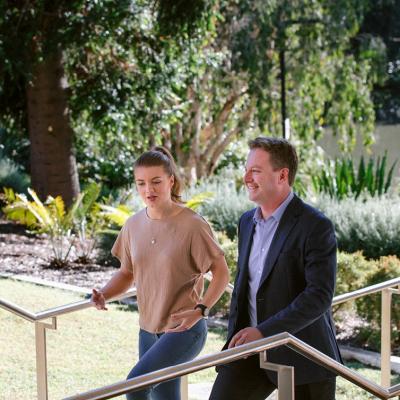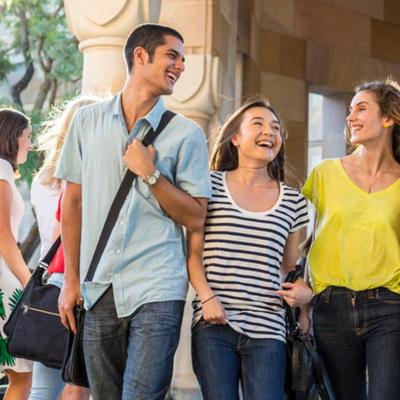At UQ, we know that many of the jobs our graduates will have over their lifetime don’t exist yet. That’s why our passionate academics work so hard to empower our students with the curiosity, confidence and problem-solving skills needed to face any future challenge head on.
UQ graduates are the most employable in the state (QS Graduate Employability Rankings) because they have the knowledge, skills and industry experience to start their careers with confidence. But it’s the uniquely human skill-set – problem-solving, inquisitiveness, communication and collaboration, that really set our graduates up to fearlessly face any future challenge.
Our partnerships with industry, dedicated employability teams, and myriad internship, placement, and networking opportunities mean by the time our students enter their first job, they are confident and prepared for what’s coming – in that job and the next.
Guided by award-winning teachers and learning in facilities that are the envy of industry and educational institutions alike, our students are prepared to own the unknown, no matter what the future may bring.
In the unknown explored article series, our passionate academics team up with current students to explain the unknowns that are facing our world today. Discover how learning at UQ gives you the capability to solve future problems and create change.
Disease or doctor: which drives medicine?
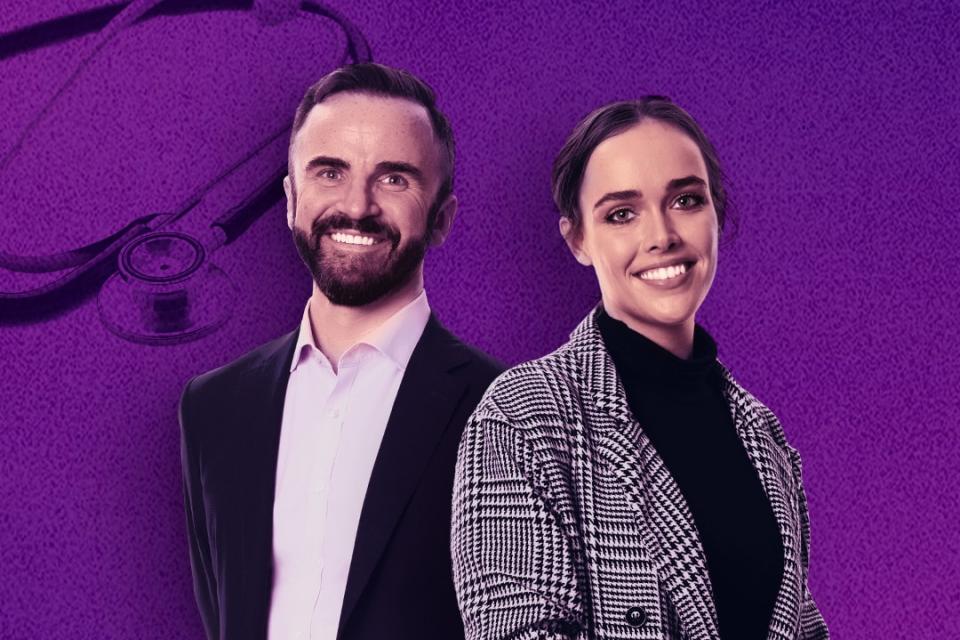
With increasing numbers of students from diverse backgrounds joining the medical profession, we're witnessing a shift in patient care. While disease may trigger the journey, it’s the patient who is in the driver’s seat. Their medical team is there to help the patient make informed choices and navigate the best way to an ideal outcome.
Professor Stuart Carney and medicine student, Rosie Stoke, discuss how the doctors of the future will come from the least likely places.
Can motivations make us or break us?

What's the difference between a good and bad diet? If two people follow the same fitness and diet regime, how can only one be engaging in healthy behaviour?
Paul Treschman, Associate Lecturer at UQ’s School of Human Movement and Nutrition Sciences is passionate about understanding how the connections between motivation, feedback and interpersonal skills can impact an individual’s goals.
Can my walls talk?

If your walls could talk, what would they say? What would construction look like if we let the timber tell us what to build, rather than creating a design and forcing the material to suit?
Dr Joe Gattas believes we should flip the equation. He's at the forefront of a project that aims to reduce wastage and emissions in the timber industry, while adding value, knowledge and character at the same time.
Are our social and physical worlds changing us?
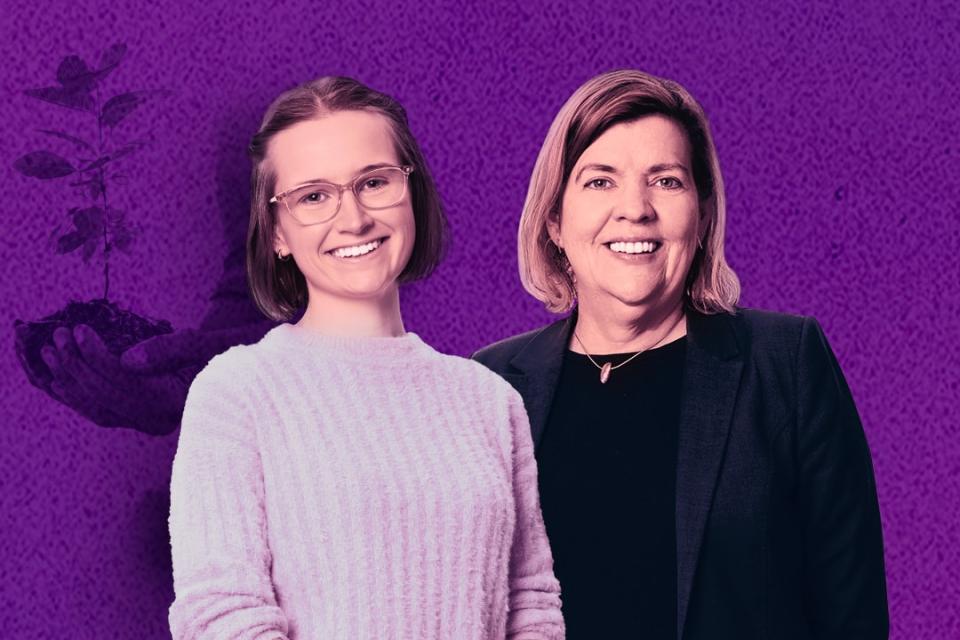
No human is a blank slate. We explore how harnessing each individual's lived experience and unique story can drive better social outcomes for all.
If we look beyond the ‘self’ and more at the environment, what impact does that have on us? Professor Karen Healy says the key to understand that impact is PIE (Person In Environment) - the theory that an individual’s past and present environment shapes their opportunities and behaviours.
Can economics prevent animal poaching?
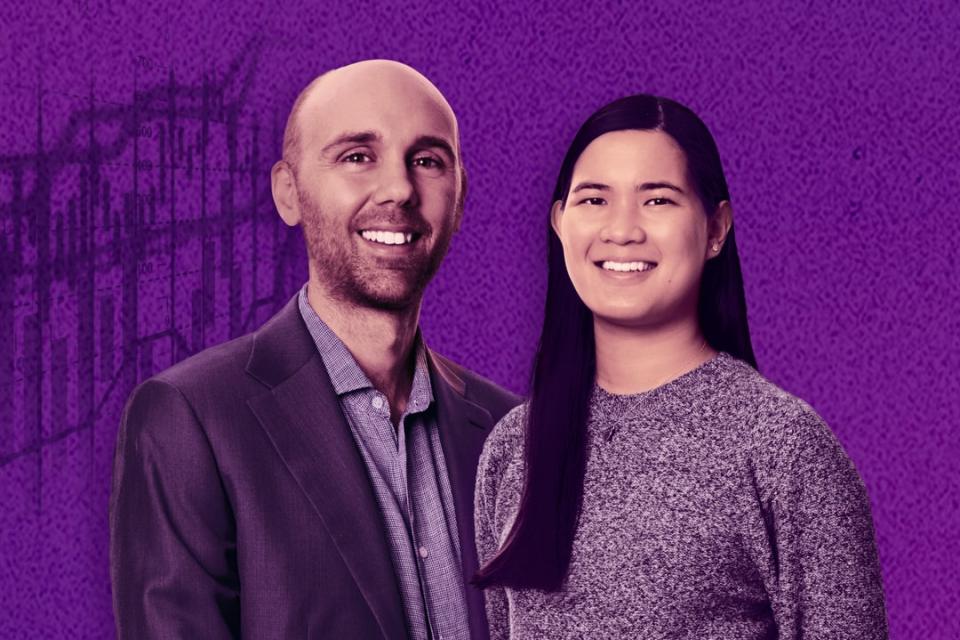
Dr David Smerdon explores how, by merging classical models with behavioural and psychological theories, modern economics can be used to tackle wicked problems as diverse as social injustice, climate change and even the poaching of endangered animals.
Graduate Catherine Nguyen works for the Australian Bureau of Statistics. She believes that by addressing the financial motivations for behaviour, rather than purely moral motivations, you can completely transform a situation.
How is Gen Z cashing in on sustainability?

Younger generations are less concerned about ownership and more about access. So how is this shift shaping the economy to be more sustainable?
Dr Sarel Gronum explores how Gen Z is not just jumping on board a new trend of consumerism – they are leading the way forward, investing their social consciousness into business models that are sustainable and profitable.
Will justice ever get ahead of online crime?
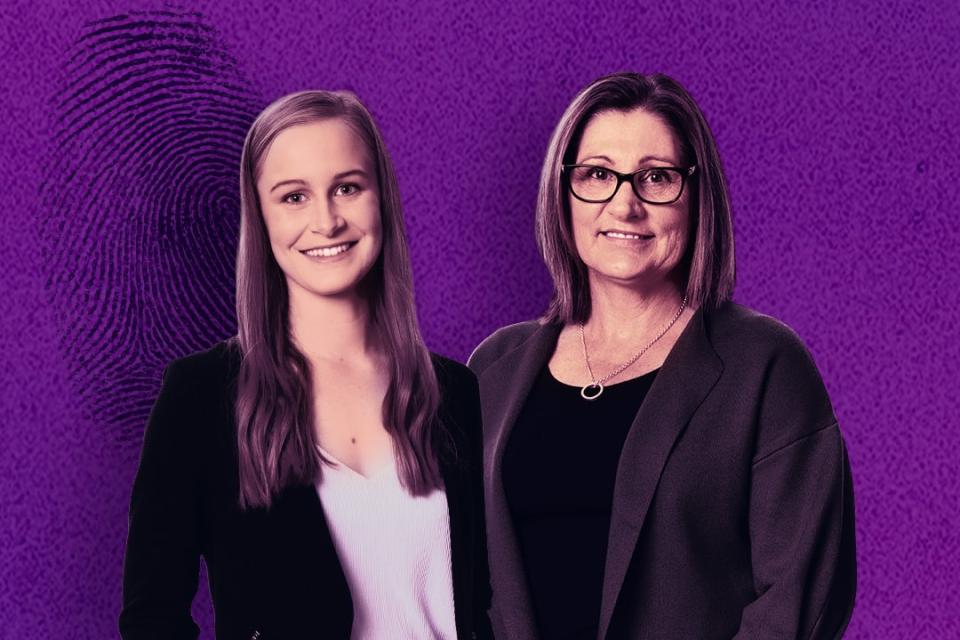
New technologies are allowing criminals to commit crimes in ways we haven't seen before. Child exploitation, online fraud, theft, drugs being bought and sold online – cyber offending is at an all-time high and continues to evolve.
Professor Lorraine Mazerolle describes how as a criminologist, you need to be able to pivot and adapt to keep the justice system ahead of the changing nature of crime.
It looks like the world is falling apart. Is it?
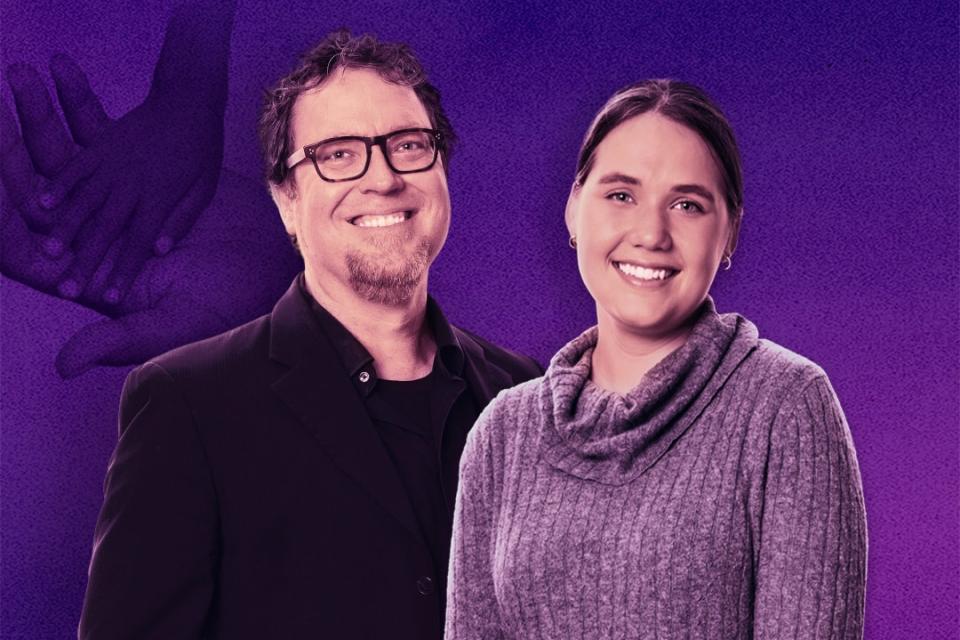
The world seems to be sliding from one crisis to the next. Are we spiralling out of control? Or is it a construct of the media?
Senior Lecturer in Peace and Conflict Studies, Dr Sebastian Kaempf, explains how we need to look past what we see in the news to see the real picture.
Ancient Rome vs now: Have leaders changed?
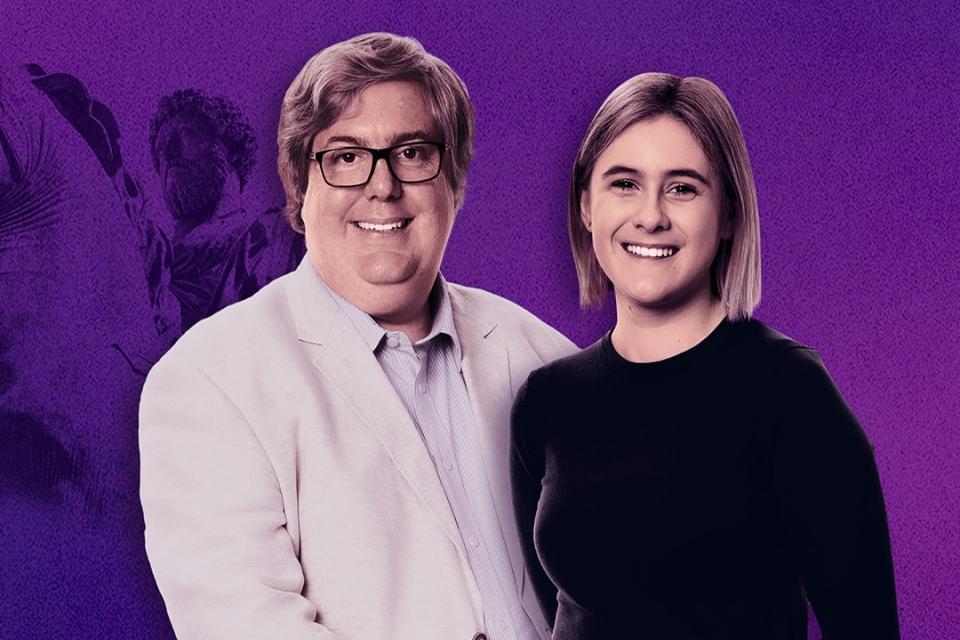
Nero fiddled while Rome burned.
Have today's leaders learned anything from history? Or are they doomed to repeat the mistakes of the past?
Professor Alastair Blanshard explains how UQ is teaching the next generation of leaders to own the unknowns of the future with lessons from the past.
Plagues: want some real viral content?
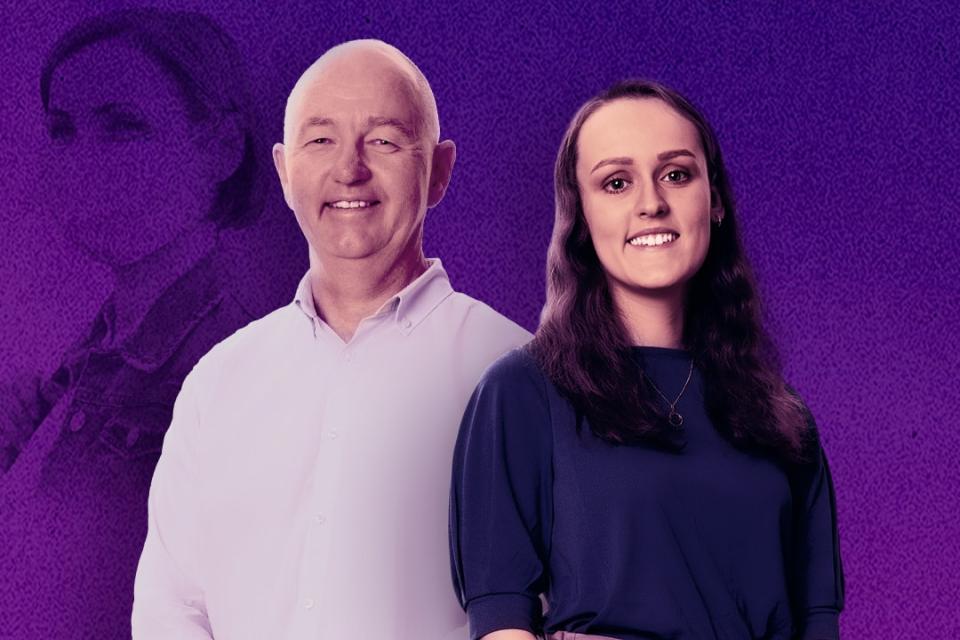
COVID-19 has thrust public health dramatically into the spotlight.
If doctors treat individuals, how do public health practitioners treat whole populations?
Associate Professor Simon Reid explains the role of public health experts in protecting millions of people at a time, working in the background to keep us safe from unseen threats.
How do you stop a cyber bank heist?
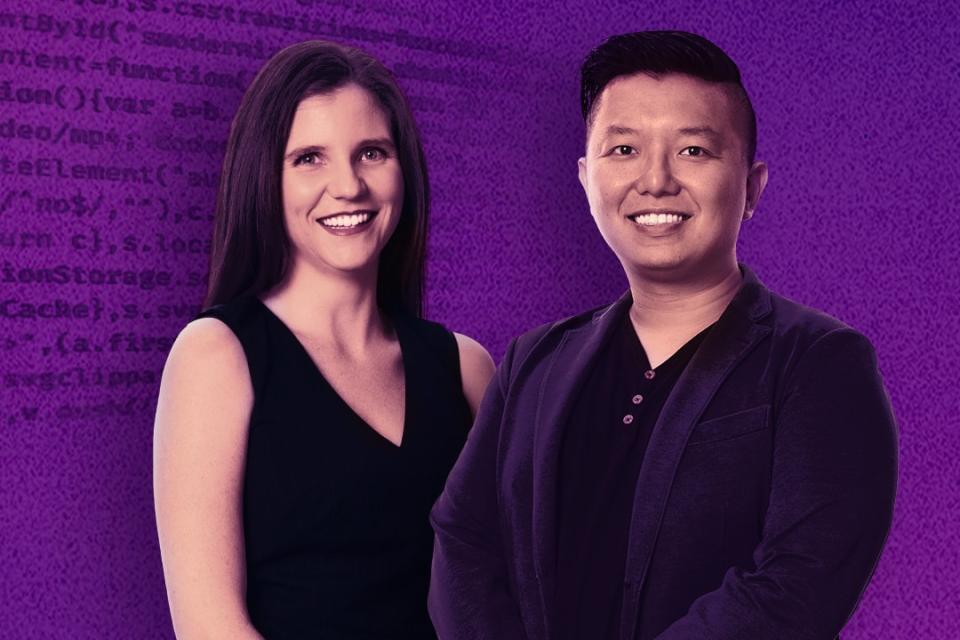
Hackers move quickly to find new ways to bypass digital security systems. So how do cybercrime fighters stay ahead of threats?
Professor Ryan Ko explains that if cyber security isn't done well, it’s as easy as walking into an unlocked vault. That’s where cyber security experts – and even ethical hackers – step in.
How is your data being used for the common good?
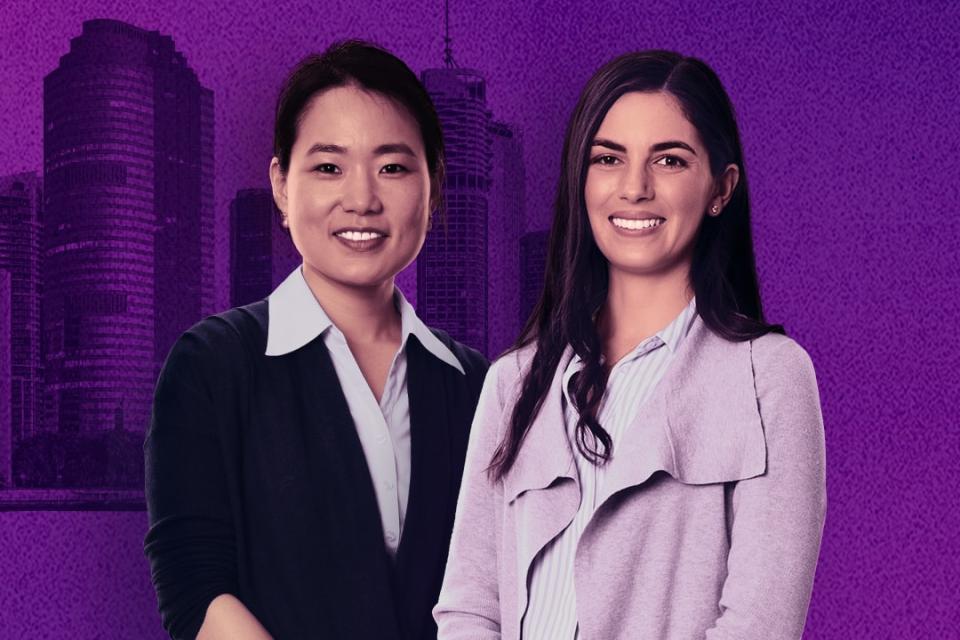
We create a digital footprint every time we use a GPS, tap onto a bus or glance at our phones.
But how is this data being used to shape our future cities?
Dr Jiwon Kim, Senior Lecturer in Transport Engineering describes how engineers use this data to improve daily life – from improving traffic congestion to easing air pollution.
Could social media and education be frenemies rather than just enemies?
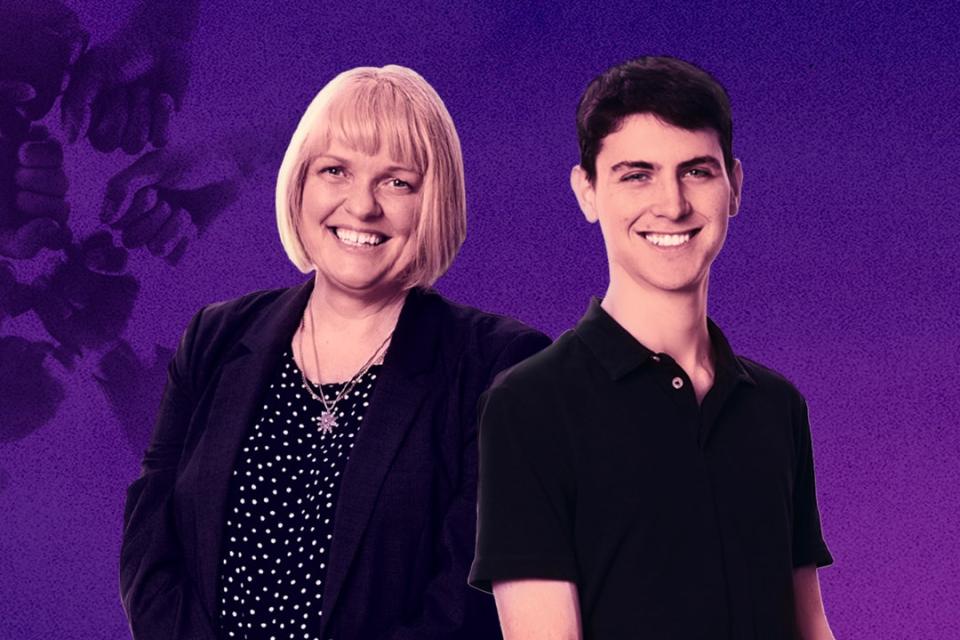
Social media and education may seem like polar opposites at times, but maybe opposites do attract in this case.
How can teachers apply social media behaviours in their classrooms?
Dr Simone Smala, Senior Lecturer in Education, explores how different learning theories can shape how we perceive social media – proving that not all scroll time is wasted time.
Is Australia the agriculture hero the world deserves? Or just the one it needs right now?
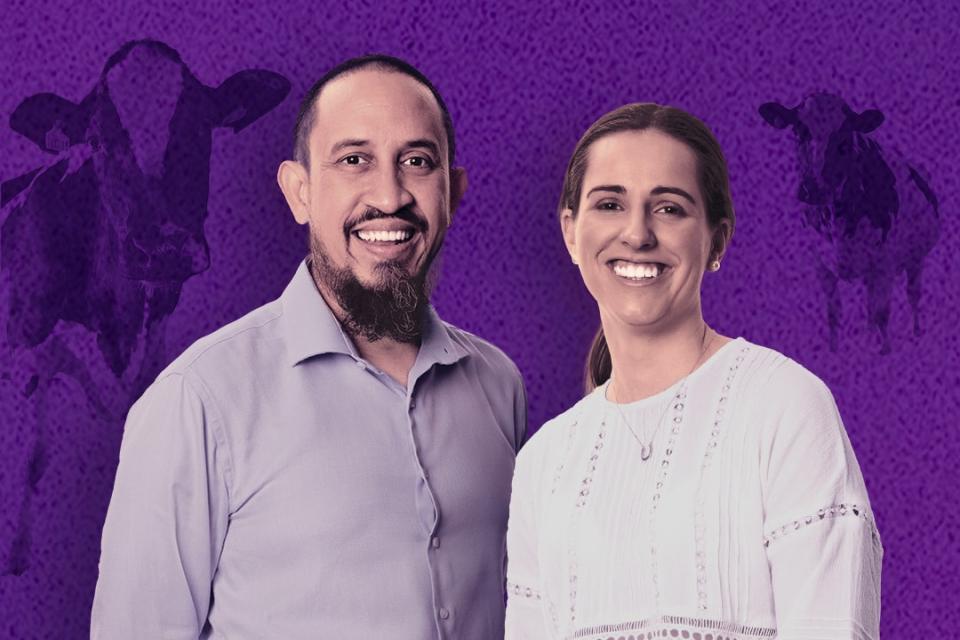
Australia plays a significant role in the world's food supply, producing enough to feed three times our own population.
But is there a kryptonite that threatens to disrupt this essential system?
Dr Ammar Abdul Aziz, Senior Lecturer in Agribusiness, discusses how our country's natural gifts can be a double-edged sword.
Can the oldest culture in the world shape a new school of thought?

Indigenous knowledges have been passed down through generations, but could they also be the key to solving some of our most pressing modern problems?
Professor Tracey Bunda, Convener of the Aboriginal and Torres Strait Islander Studies major, discusses this with one of her students.
How can design change the world?
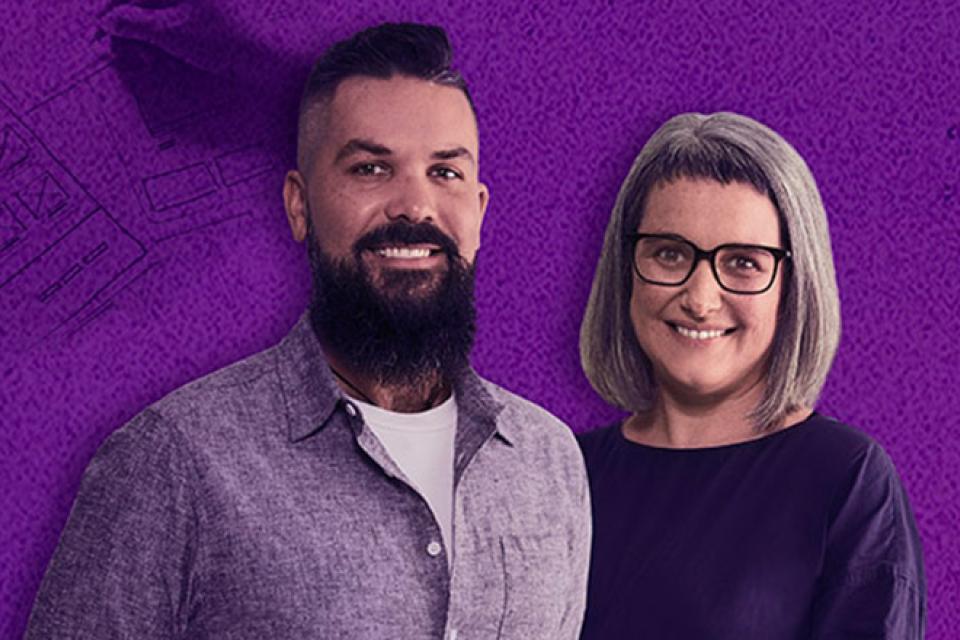
Contemporary design is about much more than making things aesthetically pleasing.
Clever use of design principles and practical applications of design thinking can solve all kinds of problems.
Dr Silvia Micheli, Senior Lecturer in Architecture, explores how design can change the world.
Does media reflect reality or create it?
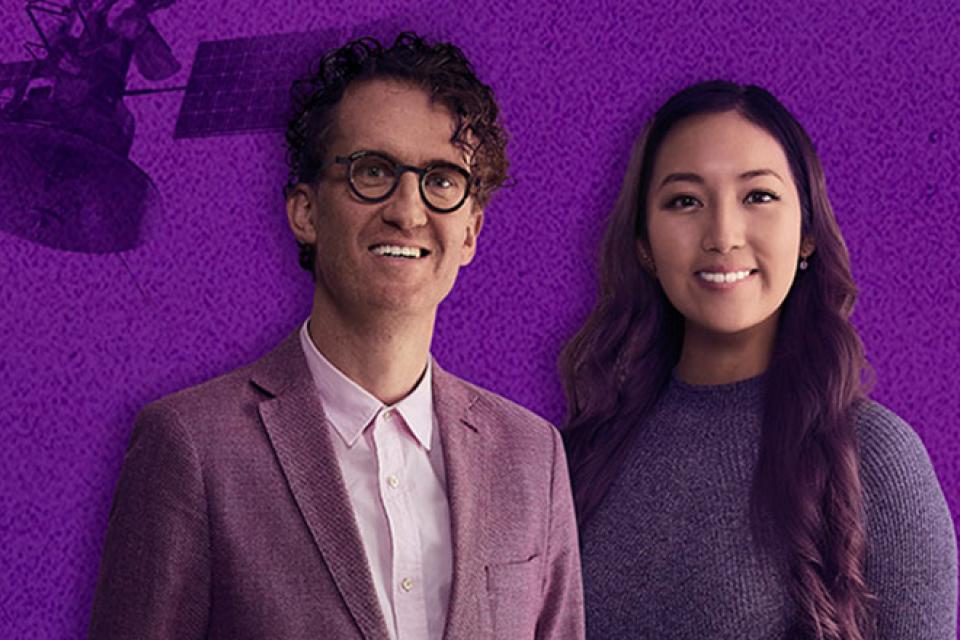
Communication graduates have the potential to shape the world into a better place.
But in a time when media and reality have such a complicated bond, achieving this isn't easy.
Nicholas Carah, Deputy Head of School in the UQ School of Communication and Arts, explores the dynamic between media and society.
No matter what undergraduate study you complete at UQ, you're sure to explore unknowns of your own while learning from inspiring and outstanding teachers.

